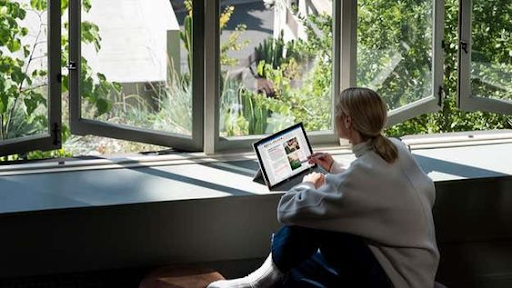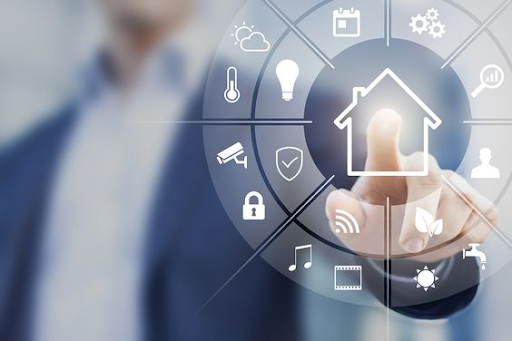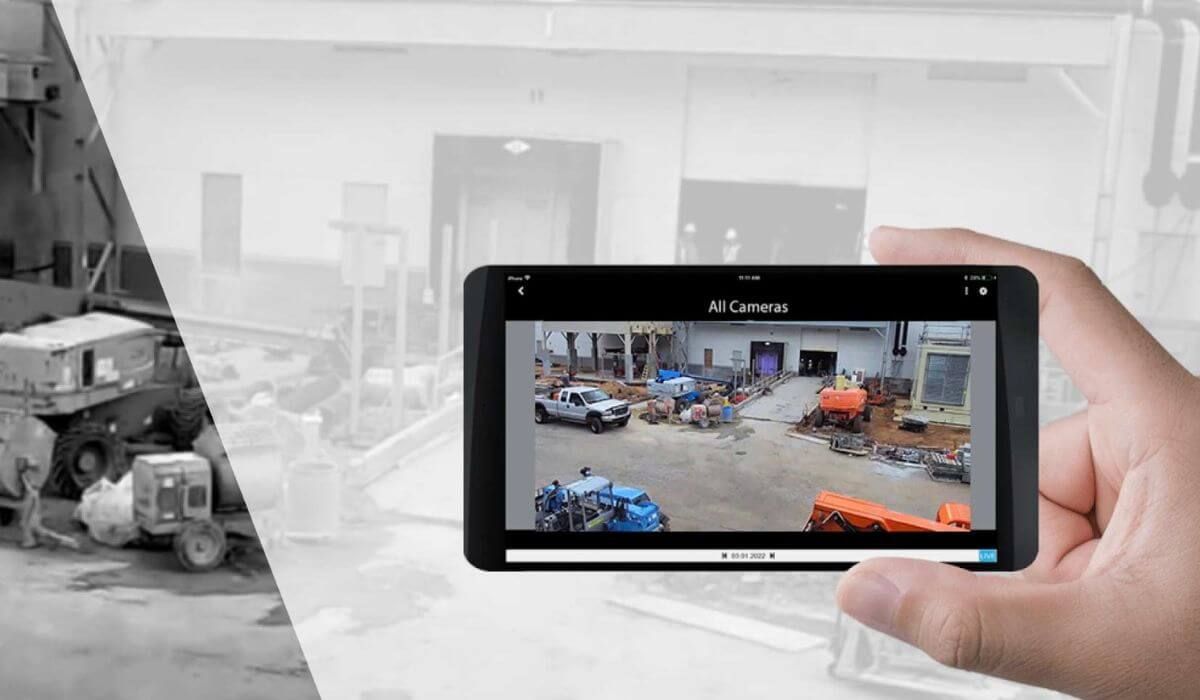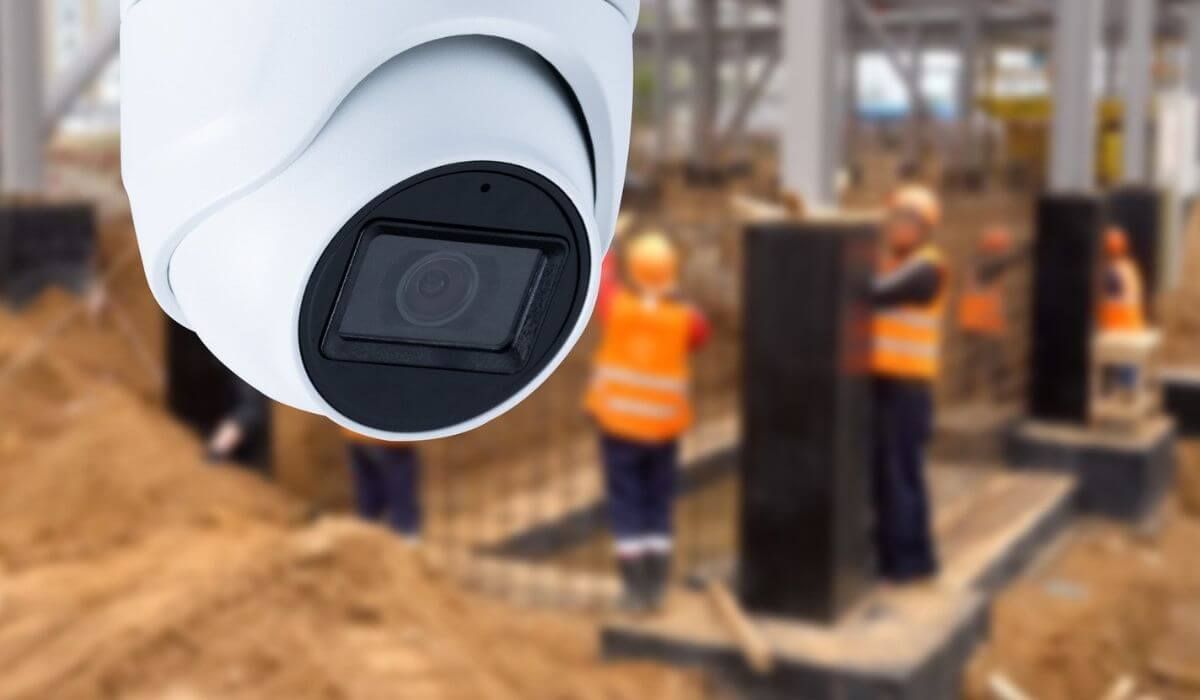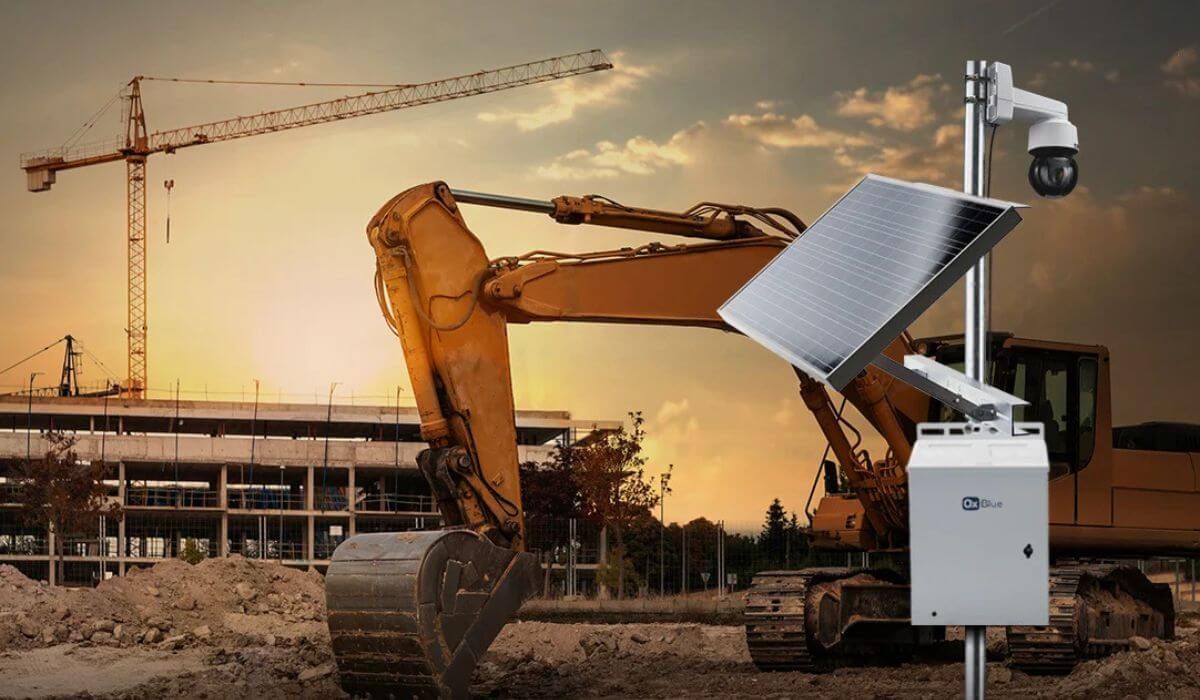Smart Home Monitoring for Elderly: Enhancing Safety with Tech
As we age, the desire to maintain independence and live comfortably in our own homes becomes increasingly important. But for families with elderly loved ones, concerns about safety can be a constant worry. This is where
smart home
monitoring technology steps in, offering a revolutionary approach to senior care. Advancements in sensor and camera technology are making it possible to monitor health and well-being from the comfort of one's home, fostering a sense of security and independence for both seniors and their loved ones.
Understanding Smart Home Monitoring for the Elderly
Smart home monitoring utilizes a network of interconnected devices to keep an eye on an elderly individual's well-being within their home environment. These systems are not meant to be intrusive or replace in-person care, but rather act as a valuable tool for caregivers and family members who may not be physically present all the time. Imagine, for instance, living in Sydney and having peace of mind knowing you can check in on your elderly parent in Melbourne remotely.
Components of a Smart Home Monitoring System
A typical smart home monitoring system for elderly care might include:
- Motion Sensors: These passive infrared (PIR) sensors detect movement within the home, helping caregivers understand activity levels and potential falls. They can be particularly useful in high-traffic areas like hallways and kitchens.
- Video Surveillance: Strategically placed security cameras, like those offered by local Sydney specialists Security Camera and Av Install (Scavi), provide a visual check-in, allowing caregivers to remotely monitor the senior's well-being and ensure they are moving around safely. Scavi offers a variety of user-friendly security camera options with high-definition video quality and two-way communication capabilities, allowing for a direct conversation with your loved one from anywhere with an internet connection. When considering security cameras, look for features like night vision for clear views even in low-light conditions.
- Remote Monitoring Apps: These apps act as a central hub, offering real-time data and alerts about activity levels, temperature fluctuations within the home (important for maintaining comfort and safety), or even video feeds from strategically placed cameras.
Benefits of Smart Home Monitoring for Elderly Care
Smart home monitoring offers a multitude of benefits for both seniors and their caregivers:
- Enhanced Safety: Automatic fall detection, emergency alerts, and remote monitoring provide a safety net, offering peace of mind for everyone. Imagine being alerted if your loved one hasn't been active for an extended period, allowing you to intervene if necessary.
- Increased Independence: Seniors can maintain their autonomy while knowing help is readily available if needed. This can significantly boost their confidence and overall well-being.
- Peace of Mind for Caregivers: Real-time monitoring allows caregivers to check in remotely, reducing anxiety and offering reassurance. With a smart home monitoring system in place, you can enjoy peace of mind knowing your loved one is safe and secure, even if you can't be there physically.
Preventing Accidents with Automated Systems
Smart home monitoring takes a proactive approach to safety by incorporating automated systems:
- Fall Detection: Sensors placed on the floor or worn on the person can detect falls and trigger emergency alerts, notifying designated caregivers or emergency services immediately.
- Emergency Alerts: Systems can be programmed to automatically contact emergency services or caregivers in case of an incident, such as a fall, detected smoke or carbon monoxide, or if a door or window is unexpectedly opened.
- Health Monitoring: Certain sensors can track vital signs, offering caregivers insights into the senior's well-being. While not a replacement for medical-grade equipment, these sensors can provide valuable data points to discuss with a healthcare professional.
How to Set Up Smart Home Monitoring for Elderly
Here's a step-by-step guide to establishing an effective smart home monitoring system for your loved one:
- Assess Needs: Identify specific needs and preferences of the senior. Consider their physical limitations, comfort level with technology, and the overall layout of their home.
- Choose the right equipment: Select user-friendly sensors, cameras (like those offered by Scavi, and a monitoring app that integrates seamlessly. When choosing cameras, prioritize clear night vision and two-way communication features for added functionality.
- Plan sensor placement: Strategically place sensors throughout the home, focusing on areas of high activity and potential risk, such as bathrooms, bedrooms, and kitchens.
- Set up the system: Follow installation instructions for each device and configure the monitoring app for optimal functionality. Most modern smart home systems are designed to be user-friendly, but don't hesitate to seek help from a family member or the technical support team of the product manufacturer if needed.
- Test the system thoroughly: Once everything is set up, take some time to test the system and ensure all the components are working properly. Simulate potential scenarios, like triggering a fall detection sensor or using the two-way communication feature on a camera. This will help familiarize yourself with the system and build confidence in its effectiveness.
Choosing the Right Sensors and Cameras
- Best Cameras for Elderly: Prioritize user-friendly interfaces with features like large buttons and voice control for easy operation. Night vision and two-way communication capabilities are also crucial for clear visibility and interaction with your loved one. Look for cameras that offer secure cloud storage options to ensure your data is protected.
- Sensor Placement: Consider areas like bedrooms, bathrooms, and kitchens, focusing on high-traffic zones and areas where falls are more likely to occur. Placement near doorways and windows can also be beneficial for monitoring activity and unexpected entries.
- Cost-Effective Solutions: Explore a range of options and choose a system that fits your budget. There are starter kits available that can be expanded upon as needed. Remember, the most important factor is choosing a system that meets the specific needs of your loved one and provides peace of mind for you.
Ethical Considerations and Privacy in Smart Home Monitoring
This section dives into the ethical considerations surrounding smart home monitoring for the elderly. We'll explore how to achieve the right balance between keeping seniors safe and ensuring their privacy.
Balancing Safety and Privacy
Privacy concerns are paramount when implementing monitoring systems for the elderly:
- Balancing Safety and Privacy: Open communication and clear consent are crucial. Ensure the senior understands how the system works, feels comfortable with its implementation, and has the ability to disable specific features if desired. Respecting their autonomy is key.
- Data Protection: Choose reputable companies with robust data security measures to safeguard personal information. Look for companies that adhere to strict data privacy regulations.
- Ethical Usage of Technology: Remember, the primary purpose of this technology is to enhance the well-being and safety of your loved one. Use the system responsibly and with respect for their privacy.
Conclusion
Smart home monitoring technology offers a transformative approach to caring for the elderly. By integrating these systems thoughtfully and ethically, families can empower seniors to live independently while ensuring their safety and well-being. Remember, consulting with a professional AV installation service like
Scavi in your area can help navigate the selection process and ensure a smooth installation for optimal functionality. Technology can be a powerful tool for compassionate and efficient care, fostering peace of mind for everyone involved.
FAQs about Smart Home Monitoring for Elderly
Q: What features should I look for in smart home monitoring devices for the elderly?
Prioritize user-friendly interfaces, reliable connectivity, and functionalities tailored to the senior's specific needs. Fall detection, medication reminders, emergency alerts, and temperature monitoring can all be valuable features to consider.
Q: How can smart home monitoring systems help in medical emergencies?
These systems can automatically notify designated contacts or emergency services in case of a fall, detected inactivity, or other pre-determined scenarios. This allows for a faster response time in critical situations.

